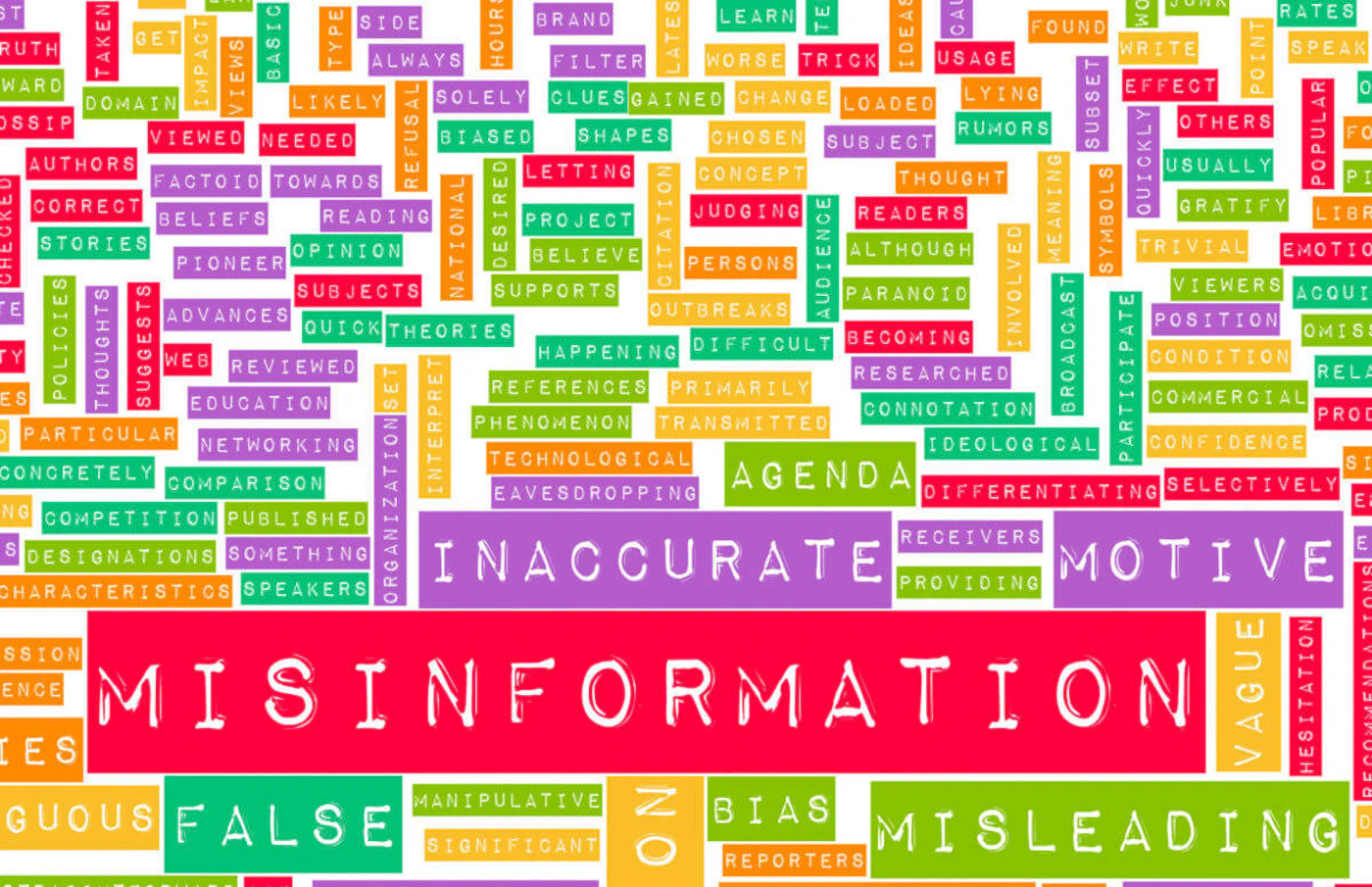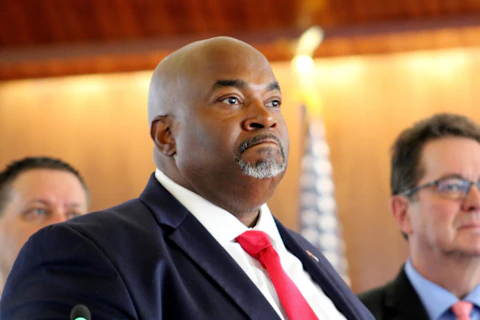Michigan therapist Erica Carulli gives her self-care tips for navigating a monumental election full of (mis)information.
MICHIGAN—We’re all following along together in a historic election unfolding in a way we’ve never seen before.
This time, we turn in our vote—and likely without knowing the immediate outcome of the election—we must go on.
It may be one of the hardest things to do, especially feeling as though this is a close race. We did our part by voting. Now we wait as record ballots are turned in—already through early voting, and for the two weeks after the election, as mail-in ballots are collected.
Editor’s note: On Oct. 16, a panel of three Republican judges appointed by former Gov. Rick Snyder reversed a lower court ruling that ensured all ballots postmarked before Election Day would be counted. Now, a ballot must be received by the local clerk by 8 p.m. election night, Nov. 3.
Get the full story: Why You Really Need To Use Michigan’s Ballot Drop Boxes Right Now
It feels scary. But we have to let go. We can try to use a meditative practice and focus on things in our control: We DID vote. We DID make a difference. But we may need to do more: We need to set healthy boundaries for how, when, and where we consume information about the election over the next several weeks.
That means knowing when to possibly disengage from social media, news outlets, or other digital platforms—in the name of taking care of our mental health. And it means making the best decisions about where your election information comes from.
What does the term “information overload” actually mean? I always describe it as this:
When the input exceeds the processing capacity. Or, the exploding head emoji.
Basically our brains can’t keep up. We are bombarded with information. All day, everyday. An overabundance of information—and in this election, misinformation is a big concern right now. That means making sure we don’t consume false or misleading information intended to deceive us.
RELATED: Michiganders Are Confident Their State Is Ready for November. Here’s Why.
Our brains are constantly trying to decide what’s of use or valuable and what’s unnecessary. The problem with information overload is the constant consumption. We tend to lose valuable details, make poor decisions, and mush together the information in a way that is memorable—but not necessarily correct.
You can begin to feel stressed, overwhelmed, and anxious.
Part of why we tend to gravitate toward bombarding ourselves with information is this idea that we are effective multitaskers. Well, we aren’t. We tend to follow the feeling that we need to be constantly multitasking when in fact we are not good at it. Forbes reported that “98% of the population can’t effectively multitask.”
Perpetual states of exhaustion can come from an influx of information, and more than we think.
How can we fix this?
There are some simple, but effective ways in which we can combat information overload. Below, I’ve listed a few:
1. Be more selective in the information you choose to receive
Mistruths about the election are rampant right now, especially on social media. Weed out information you’re skeptical about in your newsfeed and always verify information directly from the original source. You can also cross-check information you see on sites you trust.
2. Unfollow when necessary
It’s alright to unfollow accounts that aren’t serving your political, social and moral belief systems. You don’t have to follow everyone, or every account. If you feel as though information you’re being exposed to is not aligned with your beliefs or could be more harmful—even emotionally—simply unfollow.
3. Set a timer
We all want to know what’s happening in the election. There’s a way to do this in a healthy manner: Set limits and stick to them. Setting times of the day to ingest information and then be done is an example of healthy boundaries (which aren’t only for relationships).
4. Give your brain a rest
Do you fall asleep endlessly scrolling? Take the opportunity to rest your brain. Make your bed a “no device zone.” Rest your brain and give it a chance to catch up to all that you’re processing.
5. Unplug
Legitimately unplug your devices. Let the battery run out. Or for a more abstract definition, give yourself a break.
SEE ALSO: Study Finds Trump Is the Leading Source of COVID-19 Misinformation
Next comes the big question: What if the information I do consume upsets me?
In our world today, it is likely that aside from being bombarded with all sorts of things, some of what you will learn will be upsetting. We have to let go of what we cannot control. This is a tough thing to do and it definitely takes practice.
So, how can we practice? What can we do when we seemingly have no control?
First and foremost, relax. We need to practice and apply relaxation in order to let go of the things out of our control. Relaxation may be a meditation practice, or a bubble bath. Whatever relaxing means to you, do that.
Staying in the present moment or being mindful of the present can also help. This keeps your focus on what’s directly happening instead on all of the “what if’s” swirling around in your head.
Trust yourself, listen to your intuition. If you need a break, take it. Then try again. When we can meditate, practice good self-care and stay in the present moment we are ultimately practicing and being mindful of letting go of the things out of our control.
Finally, check things out a different way. Instead of focusing on what we can not control, focus on what you have in your control.
Can we be grateful for the fact that we can vote? Can we be grateful for the fact that we have our safety, our home, our health, our family and friends? Can we be grateful for the fact that we have food on our tables, or that we are able to provide safe places for our children to learn and grow?
I know I am grateful for the fact that we live in a democracy. We can turn our feelings of lack of control into a positive. The truth is, we really only have control over certain things anyway: Our feelings, emotions, thoughts and behaviors.
So ask yourself: Is this in my control? Do I have a direct impact on the outcome? Is this the world I want to live in? How can I affect the change I want to see in this world now?
Because that’s where the real power is.
DON’T MISS: ‘Blood on Their Hands’: Americans Who Lost Loved Ones to COVID-19 Blast Government Response





